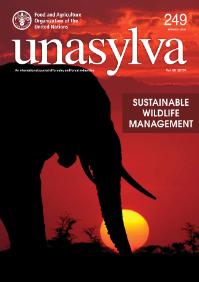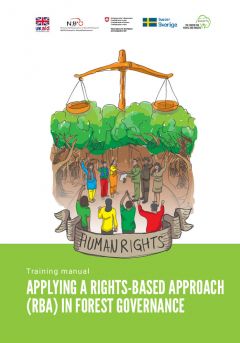Sustainable Wildlife Management - Unasylva 249
Wildlife management is the focus of considerable international debate because of its importance for biodiversity conservation, human safety, livelihoods and food security. Local people have been managing wildlife for millennia, including through hunting. Sufficient examples are presented in this edition to show that sustainable wildlife management is also feasible in the modern era.




